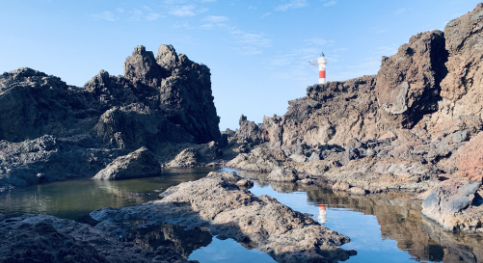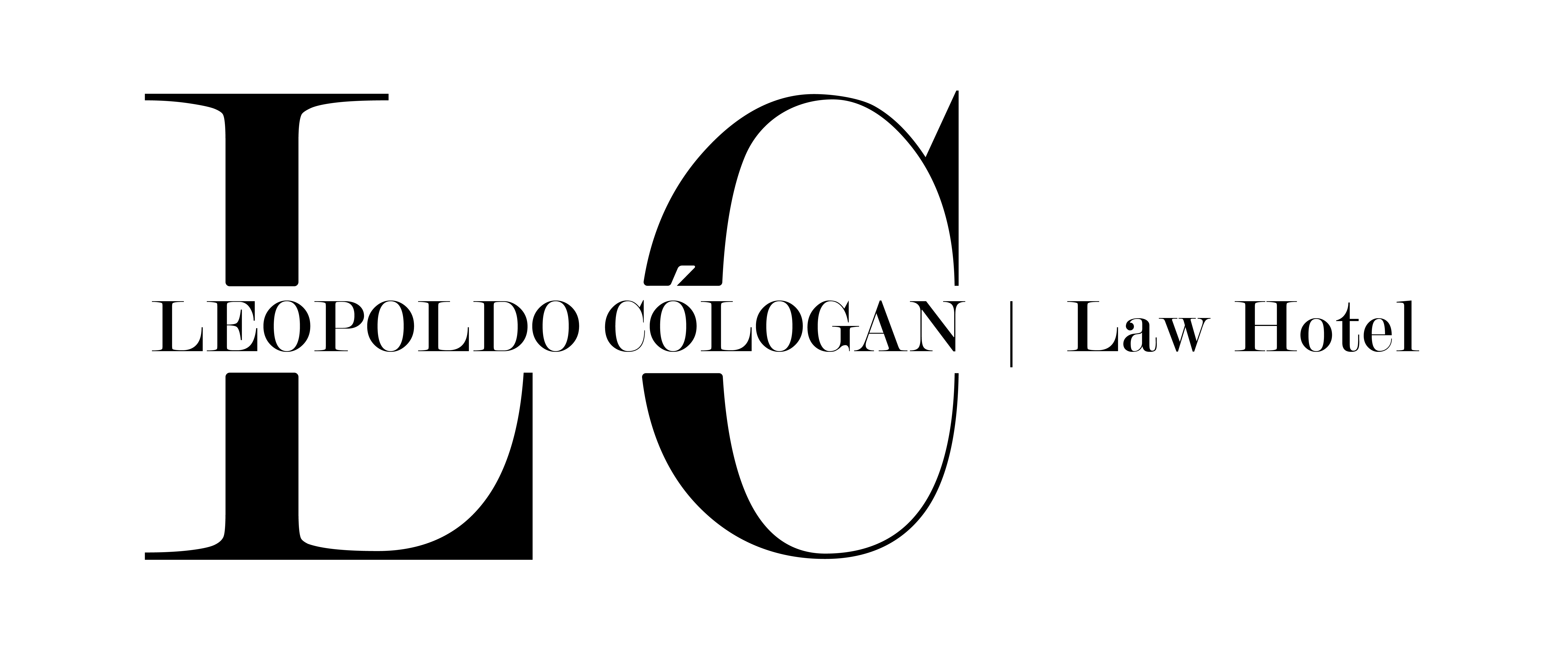To be an entrepreneur is to evolve,
just like the Spanish Royal Family
Leopoldo Cólogan

A change of mentality is needed in which society places greater value on entrepreneurial activity and risk-taking. The key to such change is undoubtedly the education system, fostering respect for entrepreneurs and business people, as well as for business ethics, as creators of wealth and social welfare.
Such a change was proposed by Act 14/2013 of 27 September on the support of entrepreneurs and their internationalisation, which was published at a time when Spain was going through a serious and long economic crisis with acute social consequences. Given the health crisis caused by the COVID-19 pandemic, its message is even more necessary and forces us to be more creative when it comes to generating our own jobs.
This act, which is currently in force, considers entrepreneurs to be persons, regardless of their status as natural or legal persons, who engage in a business or professional economic activity under the terms established in it. It created the concept of the Limited Liability Entrepreneur, who is an individual, regardless of his or her activity, who, by assuming this status and complying with the requirements established in said regulation, may limit his or her liability for debts arising from engaging in the business or professional activity, without the need to create a legal entity that requires the prior disbursement of resources to limit liability, and therefore limit the risk.
In addition to the above, thanks to the judiciary with the judgements of the Supreme Court, Third Chamber for Contentious Administrative Proceedings, Section 4a, of 3 December 2019, 27 February 2020 and 4 March 2020, the Executive, specifically the General Treasury of the Social Security, has modified its criteria, allowing self-employed workers who are members of capitalist trading companies, whether limited or public limited companies, to access the contribution benefits established in Article 31 of Act 2/2007 of the Statute of the Social Security, i.e. the flat rate.
In the same way that all children have a different way of being, requiring that different formulas are applied to each personality, the same happens with each entrepreneurial activity and the political systems of each country. This is the case in Spain, which has a parliamentary monarchy that has been the result of the evolution of an incredible historical heritage, of which the Spanish Royal Family is part.
"To conclude, evolution requires learning and involves taking risks, while being conscious of the changes that are occurring in our environment and being resilient."
It has its roots in the Cortes de León of 1188, at the beginning of the reign of Alfonso IX of León, recognised by UNESCO in the Memory of the World Programme as the oldest documentary testimony of the European parliamentary system. Then came the origin of today’s international law as a consequence of the reign of the Catholic Monarchs of Castile and Aragon from 1479, and the birth of the Spanish monarchy, different territories united by a kingdom, with the former professor of the University of Salamanca, Francisco de Vitoria, to whom the UN paid tribute and whose name is borne at the Council Chamber of the Palais des Nations in Geneva.
What then followed was the first international health expedition in history promoted by Carlos IV, known as the Balmis Expedition (with the smallpox vaccine) in 1803. Then came the transition of 1978, the historic and exemplary step from dictatorship to democracy, at the beginning of the reign of Juan Carlos I and led by the latter, and finally the current reign of Felipe VI, whose vocation for professional service is in keeping with the current times.
On the subject of universal historical heritage, in Madrid there is the Temple of Debod, which was a gift from Egypt to Spain in 1968 in return for Spanish aid following the appeal for the cooperation of governments, specialists and the general public to save the temples of Nubia, which were threatened by the construction of the Great Aswan Dam (1960) in the first international campaign conducted by UNESCO for the protection of universal historical heritage. Egypt awarded this outstanding and special recognition to only three others, the United States, Italy and the Netherlands, out of all those who participated.
Ultimately, regardless of the labels that everyone would like to use, the Spanish monarchy is a historic symbol of unity and plays an important role in the constitutional framework where the separation of powers is essential for people to be able to live freely and happily.
In this respect, working to improve the separation of powers has always been a pressing issue in Spain, especially with regard to those who elect the members of the General Council of the Judiciary. The rationale of the State requires that political parties’ fight for certain areas of power be kept out of the equation, as was made clear by the Constitutional Court, Plenary, in its Judgement 108/1986 of 29 July.
To conclude, evolution requires learning and involves taking risks, while being conscious of the changes that are occurring in our environment and being resilient.
That being the case, it is worth noting recent changes, such as the fact that the statute of limitations period for the taxpayer to request a refund of undue income starts from the date on which it is determined that the income in question is unduly paid, as established as doctrine by the Supreme Court, Third Chamber for Contentious Administrative Proceedings, Section 2a, in its Ruling 741/2020 of 11 June. Furthermore, the statute of limitations period to demand payment of community fees is 5 years as established in Article 1966, Section 3 of the Spanish Civil Code, as established as doctrine by the Supreme Court, First Civil Chamber, in its Judgement 242/2020 of 3 June.


